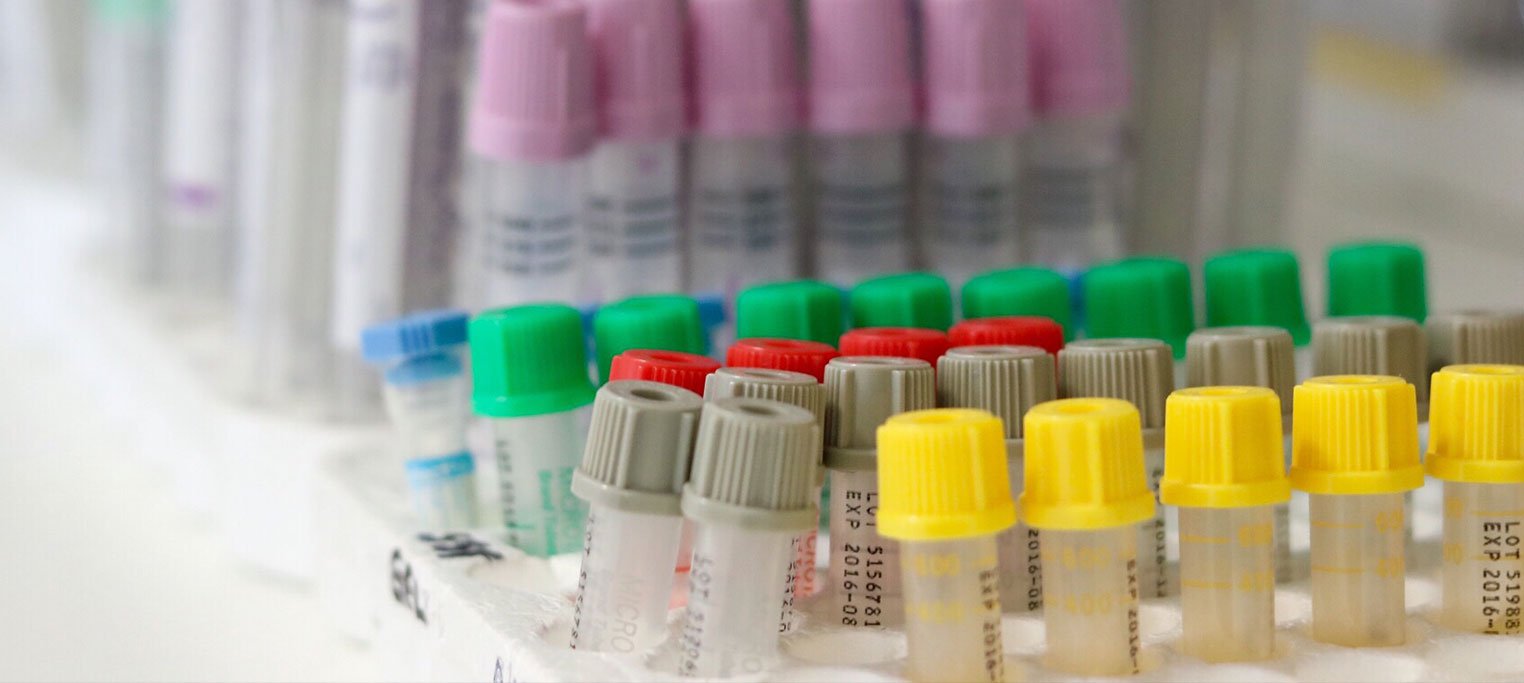June 8, 2022
The link between alcohol and bowel cancer

June is Bowel Cancer Awareness Month – a yearly event that promotes the theme Saving lives through early detection.
Although bowel cancer is the second most common cancer in Australia, it’s also one of the most treatable and curable cancers if it’s detected early.1
Each week in Australia, around 103 people die from bowel cancer (also called colon or colorectal cancer) and just under 300 people are diagnosed with it.2
While the exact cause of bowel cancer isn’t known, there are several key factors that increase your risk - including alcohol.3
Does alcohol cause bowel cancer?
Alcohol has been linked to several types of cancer, including bowel, breast, liver, pancreatic, throat and mouth cancer.3
According to the Cancer Council, alcohol consumption is linked to more than 5000 cases of cancer in Australia each year.4
Several studies have shown the risk of developing colon cancer increases with each glass of alcohol you drink. Even one standard drink per day (10 grams of alcohol) can increase your risk.5, 6
Different alcoholic drinks were also tested and showed similar results.
People who moderately drank beer (two glasses per day)7 or wine (1.5 glasses per day)5 increased their risk of bowel cancer compared with occasional or non-drinkers.
What is bowel cancer and what are the symptoms?
Bowel cancer occurs when cells in the lining of the small or large intestine (colon) or rectum grow too quickly.8 These cells may be harmless but can become cancerous over time.
The exact cause of bowel cancer is not known.
It’s more common in people over 50 but can occur at any age.9
Bowel cancer is treatable if found early. Although the same symptoms can result from many non-life-threatening illnesses, it’s best to get it checked out by your GP or a medical professional if you notice any of them.2
Symptoms may include:
- change in bowel movements such as diarrhea, constipation or irregular movements
- blood in the stool or rectal bleeding
- bloating, cramps or frequent and painful gas
- unexplained anaemia, fatigue or weight loss
- abdominal pain, swelling or a lump in the abdomen
- rectal or anal pain, or a lump in the rectum or anus.9
Prevention is better than a cure
One of the main bowel cancer prevention efforts run by the Australian Government is the National Bowel Cancer Screening Program.
A simple home test kit is sent in the mail every two years to anyone aged 50 to 74 years. The test kit is a screening tool for detecting the early signs of bowel cancer.
While bowel cancer can be treated with a combination of surgery, chemotherapy and radiation, prevention is better than a cure.
Reducing your alcohol intake is one of the best ways of reducing your risk of bowel cancer.
How can I reduce my risk of bowel cancer?
While there are some genetic factors linked to bowel cancer, adopting a healthy lifestyle can reduce your risk,10 including:
- reducing how much alcohol you drink, or stopping altogether9
- reducing your consumption of red meat and processed meats11, 12
- increasing fresh fruit, vegetables and other fibre in your diet11
- including physical activity into your weekly routine13
- quitting smoking.14
If you do choose to drink, you should drink no more than 10 standard drinks a week and no more than 4 standard drinks on any one day. This reduces your risk of developing alcohol-related diseases, such as bowel cancer.15
Want to know more?
If you’re considering reducing your alcohol intake, contact your doctor. You can also call the National AOD Hotline for information on the support services available.
To find out more about bowel cancer, visit the Cancer Council website.
- Cancer Council. Bowel cancer: Cancer Council; 2019 [24.04.2022].
- Bowel Cancer Australia. Bowel Cancer Facts: Bowel Cancer Australia; [24.04.2022].
- Amin G, Siegel M, Naimi T. National Cancer Societies and their public statements on alcohol consumption and cancer risk. Addiction. 2018;113(10):1802-8.
- Cancer Council. Alcohol and cancer, National Position Statement: Cancer Council; [24.04.2022].
- Ferrari P, Jenab M, Norat T, Moskal A, Slimani N, Olsen A, et al. Lifetime and baseline alcohol intake and risk of colon and rectal cancers in the European prospective investigation into cancer and nutrition(EPIC). International Journal of Cancer [Internet]. 2007 [27.04.22]; 121(9):[2065-72 pp.].
- Sarich P, Canfell K, Egger S, Banks E, Joshy G, Grogan P, et al. Alcohol consumption, drinking patterns and cancer incidence in an Australian cohort of 226,162 participants aged 45 years and over. British Journal of Cancer [Internet]. 2021 [24.04.22]; 124(2):[513-23 pp.].
- Zhang C, Zhong M. Consumption of beer and colorectal cancer incidence: a meta-analysis of observational studies. Cancer Causes Control. 2015;26(4):549-60.
- Bowel Cancer Australia. What is bowel cancer? : Bowel Cancer Australia; [24.04.2022]. Available from:
- Roswall N, Weiderpass E. Alcohol as a risk factor for cancer: existing evidence in a global perspective. Journal of Preventive Medicine and Public Health. 2015;48(1):1.
- Cho YA, Lee J, Oh JH, Chang HJ, Sohn DK, Shin A, et al. Genetic Risk Score, Combined Lifestyle Factors and Risk of Colorectal Cancer. Cancer Res Treat. 2019;51(3):1033-40.
- Clinton SK, Giovannucci EL, Hursting SD. The World Cancer Research Fund/American Institute for Cancer Research Third Expert Report on Diet, Nutrition, Physical Activity, and Cancer: Impact and Future Directions. J Nutr [Internet]. 2020 [24.04.22] PMC7317613; 150(4):[663-71 pp.].
- Geissler C, Singh M. Iron, meat and health. Nutrients. 2011;3(3):283-316.
- Brown WJ, Bauman AE, Bull F, Burton NW. Development of Evidence-based Physical Activity Recommendations for Adults (18-64 years). Report prepared for the Australian Government Department of Health. 2012.
- Hannan LM, Jacobs EJ, Thun MJ. The association between cigarette smoking and risk of colorectal cancer in a large prospective cohort from the United States. Cancer Epidemiol Biomarkers Prev. 2009;18(12):3362-7.
- Australian Research Council and Universities Australia. Australian Guidelines to Reduce Health Risks from Drinking Alcohol. National Health and Medical Research Council. Canberra Commonwealth of Australia; 2020.